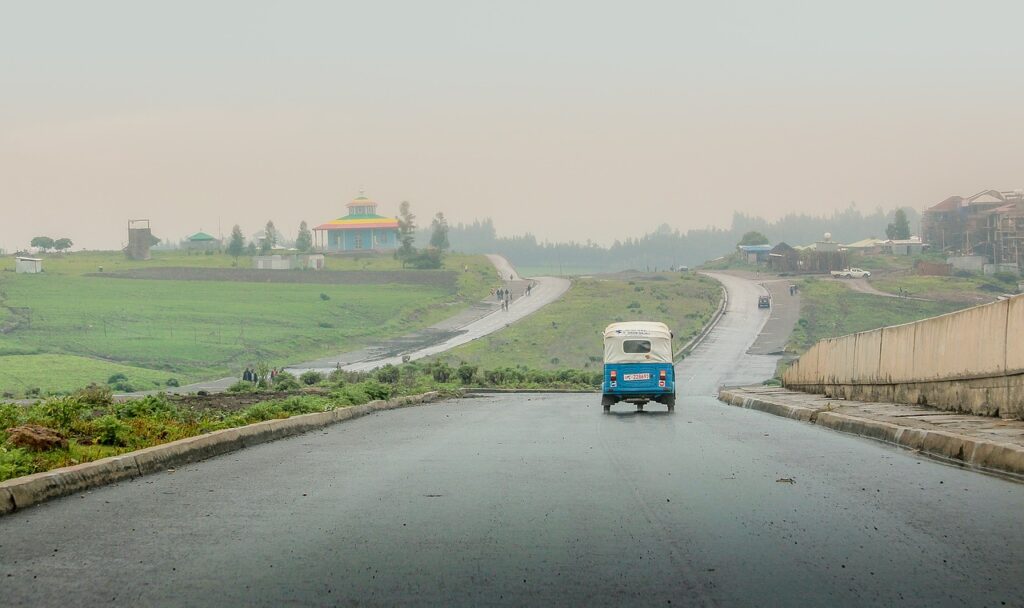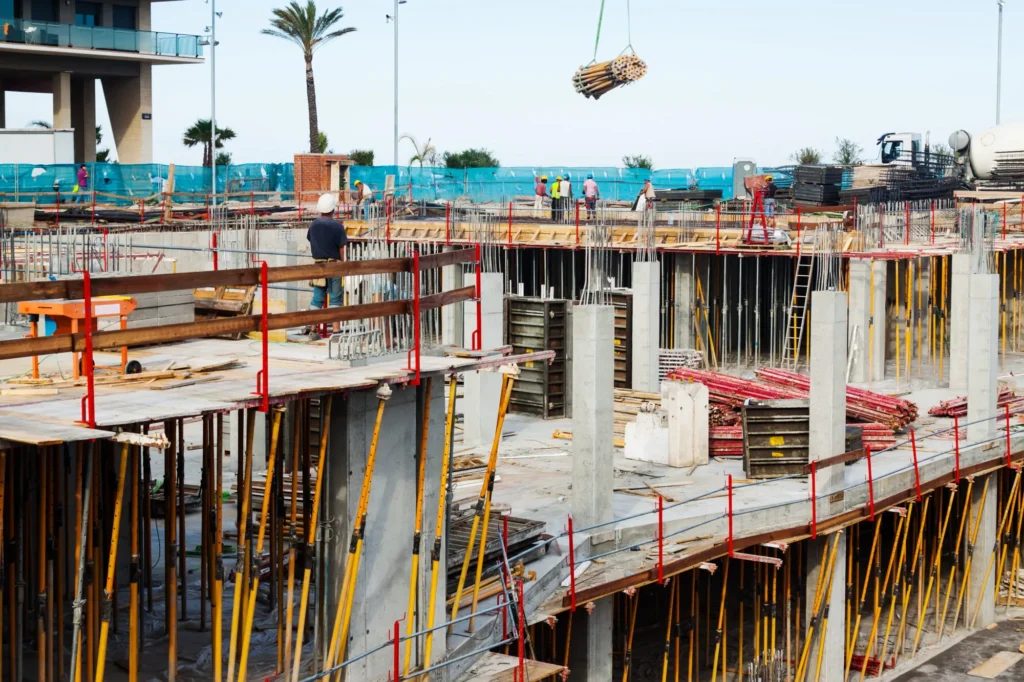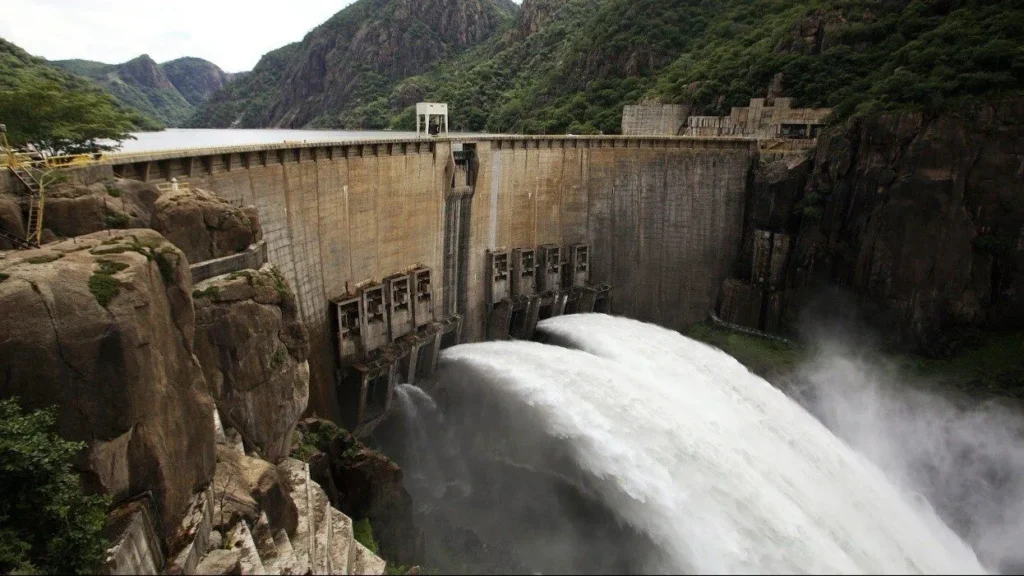default
Revolutionizing Clean Cooking in Rwanda: Partners in Pellets
TRAIDE Rwanda, supported by the Dutch embassy, conducted a comprehensive study of Rwanda’s cooking landscape. The findings revealed that in Rwanda, traditional biomass remains the primary source of cooking for 98% of households. This dependence has threatening consequences for health, the economy, and the environment. Indoor air pollution from cooking fires excessively harms women and…
Read MoreStrengthening Rwanda’s Potato Farming with High-Quality Seeds: Potato Impact Alliance
Rwandan farmers struggle to produce high-quality ware potatoes, suitable for processing or market sale. This issue stems largely from the use of poor-quality seeds. Ideally, farmers need a steady supply of good seeds with varieties suited to the local climate and resistant to disease. To achieve the desired quantity and quality of seeds, seed multiplication…
Read MoreFixing the Pipes: Innovative Solutions for Ethiopian Water Infrastructure
Ethiopia faces serious water management problems that threaten its long-term development. Communities struggle to access clean water due to old and broken infrastructure. This is especially true in Dire Dawa, the second most populous city in Ethiopia. The city entirely depends on groundwater for its supply, which is three times less than the water demand.…
Read MoreBeyond Boundaries: Transforming Last-Mile Distribution in Ethiopia
Have you ever wondered how goods reach the most remote areas of Ethiopia, a country with diverse and often challenging landscapes? This journey, vital for economic growth and service accessibility, presents unique challenges and opportunities that beckon innovative solutions and investments. A Market on the Rise Ethiopia, Africa’s second-most populous nation, is experiencing rapid economic…
Read MoreGrounds for concern: Ethiopia’s coffee sector faces challenges in becoming EUDR compliant
The new deforestation regulation of the European Union (EUDR) will have a significant impact on Ethiopia’s coffee sector. The large share of smallholder coffee farmers in Ethiopia makes it especially challenging to trace coffee back to the farm level and ensure coffee does not come from deforested land. European coffee buyers seem to be moving…
Read MoreHousing for Ethiopia’s Growing Urban Population: Opportunities for Businesses
Imagine a city where every third person struggles to find a decent place to live. This scenario is not fiction but a looming reality for Ethiopia, a country experiencing one of the fastest urbanization rates in Africa. With an urban population expected to reach 42.3 million by 2037, the demand for affordable housing is skyrocketing.…
Read MoreResponsible Business Conduct: Positive Impact of Dutch Private Sector Engagement in Rwanda
Dutch private sector engagement in Rwanda, as revealed by the Responsible Business Conduct(RBC) survey, has had a positive impact on the country’s economy and workforce. Seventeen Dutch organizations participating in the survey have collectively generated 4,529 jobs, with 56.6% held by men and 43.4% by women. These jobs are predominantly permanent, contributing to stability and…
Read MoreCapitalizing on Rwanda’s Fintech Potential: Insights into a Rapidly Evolving Sector
Rwanda’s fintech sector is rapidly gaining momentum, fueled by high mobile money adoption, forward-thinking regulation, and a government committed to digital transformation. With 4G coverage reaching 96.6% and internet bandwidth increasing tenfold between 2015 and 2019, the country has laid a solid digital foundation. A 7,000 km national fibre optic backbone further strengthens connectivity, positioning…
Read MoreOpen and close a business in Rwanda
Registering a business in Rwanda is generally hassle-free for (foreign) entrepreneurs, with fast registration being a notable advantage, often taking less than 24 hours. Rwanda distinguishes itself with its ease of registration and a business-friendly environment, setting it apart from many other African countries and earning high rankings on ‘Ease of doing business’ lists. However,…
Read MoreRwanda Energy Sector: Powering growth through innovation and renewable solutions
As Rwanda shifts from aid to trade, it is increasingly positioning energy as a key enabler of sustainable economic development. With a population of over 12 million, 80% of whom live in rural areas, the country presents unique challenges and huge potential for investors in both on-grid and off-grid solutions. Energy access in Rwanda: Bridging…
Read More








